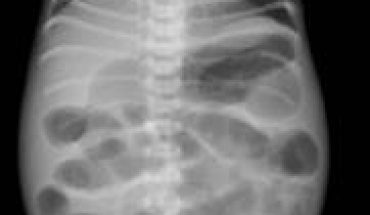Intestinal Worms are parasitic worms that live inside the human body. Scientists have found that there are over a hundred different types of parasitic worms living within our bodies. The most common of these worms include Ascariasis lumbricoides (Round worms), Enterobius (Pinworms), Necator (Hookworm), and Trichuris (Whipworm). These parasites exist everywhere within our environment. They are in the air, in the water, and also in the food we eat. Intestinal worms live inside the gastro-intestinal tract in people, and animals. These worms enter the body by the ingestion of undercooked food, especially meat, by having unclean water, and by way of skin absorption through contact with larva-infested soil. When intestinal worms are ingested, they quickly swim to the intestines where, if allowed, they reproduce and make the person sick.
Symptoms of Intestinal Worms
The symptoms or the indicators that an individual is a host to intestinal worms are more numerous than can be imagined. These symptoms include, but are not limited to, abdominal pain, constipation, anemia, anorexia, rectal hemorrhaging, vitamin B12 deficiency, chest pains, chills, chronic fatigue, dizziness, headaches, and jaundice. In a lot of people, intestinal worms cause little or no symptomatic reactions, or perhaps the symptoms fluctuate meaning they come and go. These symptoms do not always exclusively indicate intestinal worms, but may indicate other diseases. The most common symptoms of intestinal worms are coughing, cramping of the abdomen, bloating, flatulence, and diarrhea. For more serious cases, symptoms include reduced libido, or diminished sex drive, itching, fever, nausea, vomiting, and bloody stools. In children, irritability and restlessness have also been observed.
How can Intestinal Worms affect humans?
Intestinal worms eat the nutrients that are found in the foods we eat, as well as, the actual food itself. This would explain the anemia and fatigue as symptoms. Intestinal worms carry viral, fungal, and bacterial infections. They excrete harmful toxins inside our bodies that, over time, harden and block the colon, and this leads to constipation and irregularity.
Prevention of Intestinal worms
Pinworms account for one of the largest percentage of intestinal worms found in humans, and are responsible for the largest percentage of worm infections in the United States. The most effective way to avoid intestinal worms, and other parasitic infestations is to practice good hygiene by washing hands regularly, and thoroughly. For parents it is especially crucial that children are taught good hygiene practices. Always ensure that meat is washed, and then cooked thoroughly to avoid ingesting Intestinal worms. Fruits and vegetables should be washed thoroughly before consumption. Always go outside with proper footwear, to prevent direct skin contact with larva-infested soil. Never drink water from wells, or rivers unless the water has been properly boiled and thoroughly treated.





